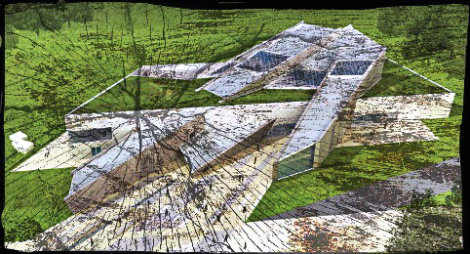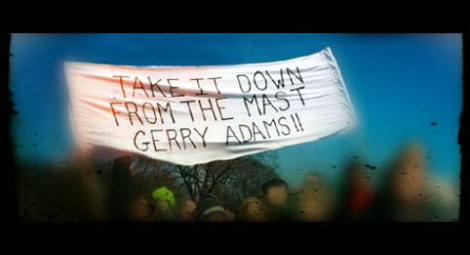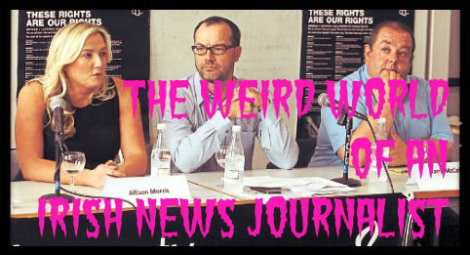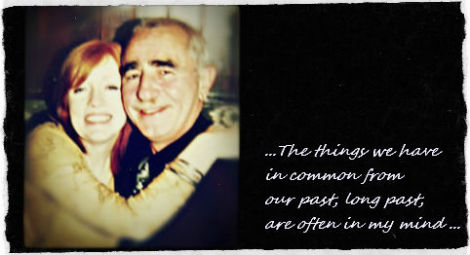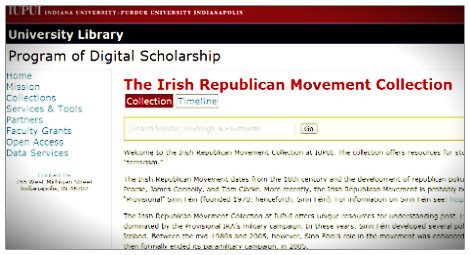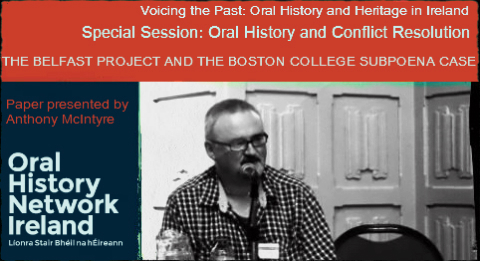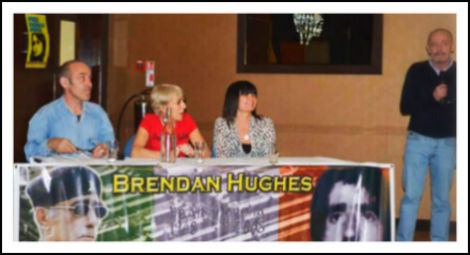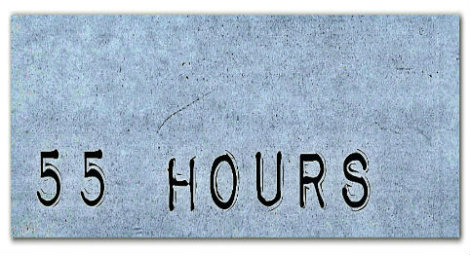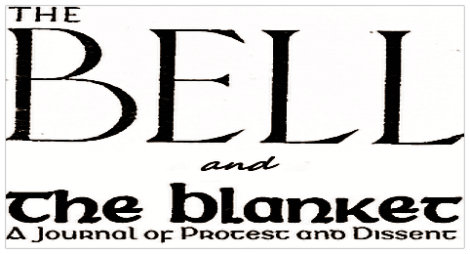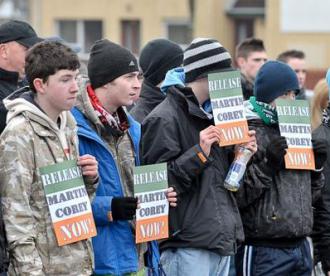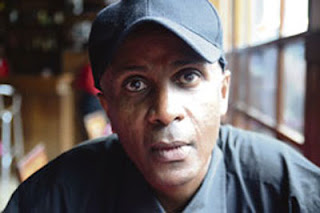Boston College Case - Papers Filed For En Banc Hearing
Press Statement From Ed Moloney and Anthony McIntyre
August 20th, 2012
Eamonn Dornan and James J Cotter, attorneys for Ed Moloney and Anthony McIntyre, have today
filed papers in the First Circuit Court of Appeal seeking a rehearing en banc* of a July 6th decision by a First Circuit panel affirming a lower court’s decision ordering Boston College to hand over archived interviews with former IRA activists on foot of subpoenas from the Police Service of Northern Ireland (PSNI), facilitated by the Mutual Legal Assistance Treaty (MLAT) between the United States and the United Kingdom.
The court also refused Moloney and McIntyre permission to intervene in the case, thereby preventing them from presenting evidence objecting to the decision by the US Attorney-General, Eric Holder to issue the MLAT subpoenas.
The application is based on a number of issues of great public interest and constitutional importance, not least that one effect of the First Circuit decision is to give foreign law enforcement agencies greater power over US citizens in respect of subpoenas than could ever be exercised by domestic agencies.
The First Circuit decision effectively precludes the assertion of U.S. constitutional rights guaranteed in the First and Fifth Amendments to the Constitution. In the case of the Boston College archives the Constitution guarantees, prior to the enforcement of the subpoena, the consideration of the free flow of historical documents to the American public and the protection of Ed Moloney and Anthony McIntyre - and their interviewees - against the deprivation of life, liberty or property without due process of law.
Ed Moloney and Anthony McIntyre’s lawyers are arguing that the MLAT bestows upon the PSNI greater powers in relation to the serving of subpoenas in the United States than could be exercised by, for instance, the FBI. U.S. citizens could challenge a subpoena served by the FBI on First and Fifth Amendment grounds but are precluded from doing so in the case of subpoenas served by foreign powers under an MLAT. Sixty-two countries have signed MLAT’s with the U.S., some of which have poor human rights records.**
Their lawyers will also argue, inter alia, that the First Circuit panel conflicts with Supreme Court rulings in the landmark judgement, Branzburg v. Hayes in as much as that case permitted journalists to seek First Amendment protection against subpoena powers in order to demonstrate bad faith on the part of the requesting authority.
In this case the plaintiffs, Ed Moloney and Anthony McIntyre have been prevented by the First Circuit decision from arguing that the PSNI action is politically motivated and that the material requested by the PSNI was available in Northern Ireland. Their lawyers argue that Moloney and McIntyre have been denied their constitutional and statutory rights and protections and suffer violations of constitutional rights if the subpoenas are enforced by the Attorney-General.
Eamonn Dornan and James J Cotter also argue that because this is a case of first impression, as the First Circuit panel recognized, a re-hearing is warranted.
Appellant Petition for Panel Hearing or Rehearing En Banc
* An en banc hearing takes place in front of the full appeal court.
** Full list of countries which have signed MLAT’s with the US













